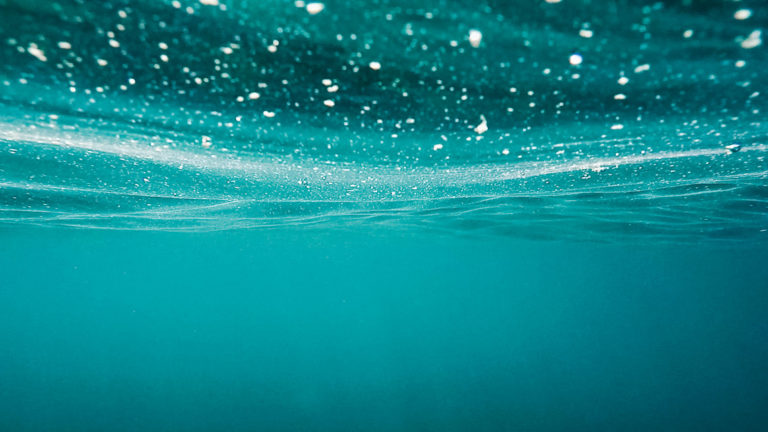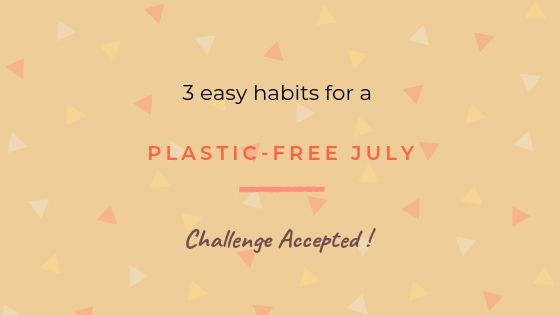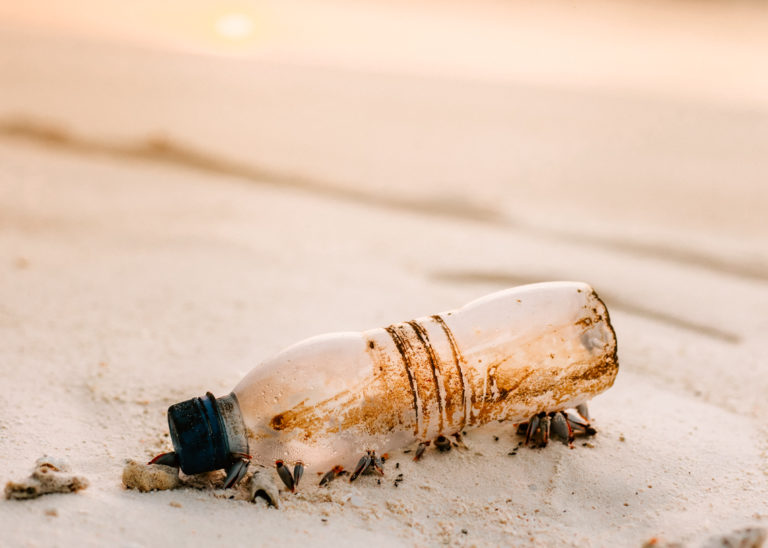
For the last ten years a big plastic-free movement has started, where people try to live without using plastic at all. Why is a material that has been into our lives for a hundred years now being boycotted by the environmentalists? It might seem extreme and sudden but there is a reason behind this approach. There is actually more than one reason that makes plastic a questionable human invention. While we can all agree something has to be done, is it necessary to stop using plastic completely? What else can we do to produce less plastic waste? Here we are going to break down the main characteristics of plastic and its impact on us humans, the animals and the environment.
What makes plastic a questionable material?
Plastic has a big success amongst all industries because of its composition. It has been created to be a sturdy flexible and overall unbreakable material. It is mainly its indestructible feature that makes it a great material as much as a bad material. If you don’t already know this, only 2 out of 7 kinds of plastics are commonly recyclable, which makes it difficult to deal with the end of life of the plastic products.
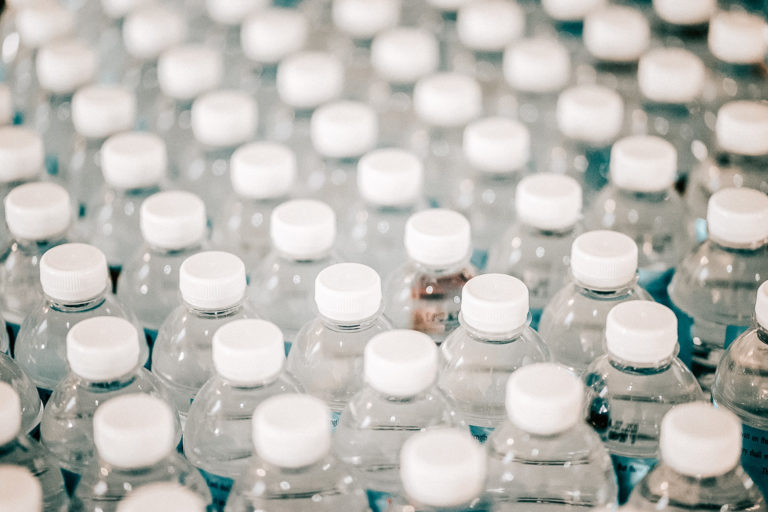
5 main reasons why we should use less plastic:
- All of the plastic that has been created still exists. Plastic represents 10% of today’s waste on earth. Polymer degradation can take from 50 years up to a 1000 years. Even the smallest particles will hardly disappear. Microplastics (infinitely small particles of plastic materials) end up in the oceans just as much as macrodebris such as groceries plastic bags and fishing nets.
- Plastic is found in living organisms. Microplastic has been found inside the digestive system of 90% of seabirds. Plastic debris are known to kill at least 100,000 marine mammals and 1 million seabirds each year. In the long term this phenomenon will lead to the extinction of those animals that feed themselves in the ocean.
- On a health concern we must avoid Bisphenol-A (BPA), an ingredient used to strengthen some plastics, as well as phthalates, used to soften some others. When some common types of plastics are exposed to heat or stress they release these substances that can end up partially in the food or water that these plastics are in contact with. PBA and phthalates are endocrine disruptors and mimic estrogen hormones, which can interfere with the correct function of natural body hormones. Infants and children are very sensible to the effects of BPA and studies show that it can lead to premature puberty. Researches show that a low dose exposure to these plastic ingredients, especially during pregnancy, could lead to illnesses as breast or prostate cancer and infertility.
- Plastic throughout its lifecycle threatens our efforts of keeping greenhouse gas emissions low and ultimately our efforts to prevent climate change. “In 2019, the production and incineration of plastic will produce more than 850 million metric tons of greenhouse gases—equal to the emissions from 189 five-hundred megawatt coal power plants.” – Plastic & Climate, Executive Summary 2019
- As fish are eating plastic debris, us humans who eat fish end up eating microplastics indirectly. A belgian study has revealed that an average European shellfish consumer has an intake of 6400 microplastics per year. The same research exposes that british are potentially consuming 11.000 plastic particles each year.
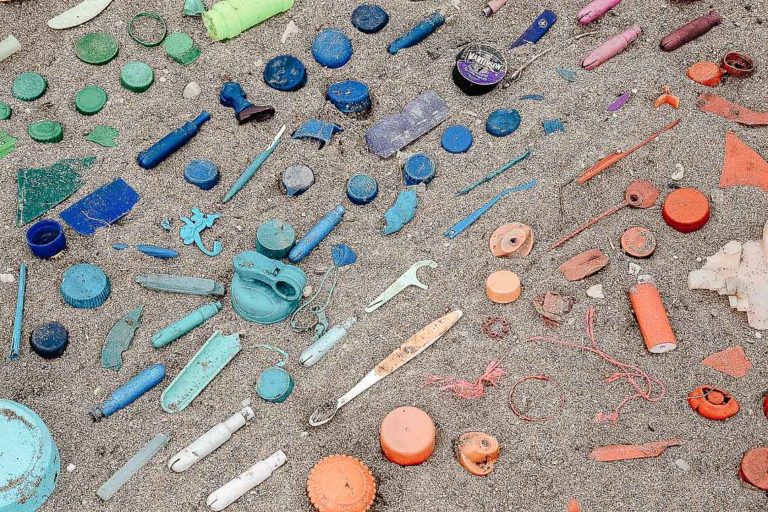
We need to take action now
As of today we haven’t stopped producing plastic. Every year 300 million tons are produced in the world. Most likely, part of it will end up in the oceans and add up to the 150 million metric tons that are estimatedly already circulating in our waters. Soon enough we won’t have any beaches left to go to that will be free of plastic. In a way it is depressing to think that in the future most species of sea birds will be extinct and that archeologist will find plastic bags and coffee cups as relics of our age.
In the last five years more than a dozen countries have banned or put a tax on disposable bags. It is a good start but certainly we have to lessen our use of plastic individually to invert today’s status quo.That said, there is no need to eliminate all the plastic items we have in our house, we just have to be more conscious of what we buy from today onwards. It is us consumers that dictate the market trends! If nobody uses plastic bags to weight their fruits in the supermarkets, then the supermarkets will stop supplying in those plastic bags.
Even the smallest actions can have a great impact when added up.
We can totally make this happen!
“We don’t inherit the world from our ancestors, we borrow it from our children.”

